Social media has far-reaching effects
Students come together to show the negative effects that social media has had on them.
Social media is a widely influential platform that has the power to impact society and the lives of everyone. It goes beyond pretty pictures and sharing stories.
In light of the ongoing Gabby Petito case, people have recognized social media’s influence in the investigative world. Students in the Jupiter High Criminal Justice Academy give insight into how social media impacts criminal investigations.
“They were able to put so many pieces of the puzzle together,” Rebecca Hansen, former advisor of the Human Trafficking Coalition, said. “The spreading of awareness is really good.”
With the circumstances surrounding the Gabby Petito case, much of the information used in the investigation was gathered through social media. However, in certain investigations, social media may prevent people from coming forward with information due to fear.
“I think [social media] definitely suppresses [witnesses] because they might feel pressure to say one thing,” Reagan Warner, a junior in the Criminal Justice Academy, said.
When investigations are publicized on social media, those involved tend to get attention directed onto them. Not only can this put pressure on witnesses but it also sets a standard for how people are viewing those conducting the investigation.
“That level of transparency and level of scrutiny, you’re in the spotlight, so you have to constantly be on your game,” Hansen said.
This can improve how the public interprets the actions being taken by law enforcement but social media has the power to change the way it is interpreted.
“Social media is a good thing to a certain extent, it’s just the way they portray it…” Warner said.
Another trouble with social media’s involvement in investigations is how information can be portrayed differently. While people are kept up to date about current events, we do not know everything going on behind the scenes which can change how social media portrays an event.
“But a lot of times it is not portrayed correctly because of the way the media is,” Warner said.
Not only are investigations influenced by media portrayal but viral TikTok trends, such as the ‘devious licks,’ that increased vandalism within schools, can get exploited the more they are shared on social media. This can lead to trends being portrayed as humorous when they can lead to significant consequences in reality.
“At first these challenges are humorous, which is why they go viral so quickly,” Giselle Cardinale, Jupiter High junior, said. “Time and time again these trends have been taken too far and can get people in serious trouble.”
Trends, like the ‘devious licks’, are not the only instance of social media going viral quickly. Other issues that have gained popularity on platforms such as TikTok and Snapchat revolve around personal image.
“These younger generations are being exposed to sexualizing themes at a young age, along with the ‘ideal body type’ young teenage girls feel they need to look like so they feel accepted and beautiful,” Cardinale said.
This sets a high standard for young people, especially girls. They feel like they need to have a certain appearance on social media to qualify as being “popular” or “beautiful.” All it can take is one message or image to change the way you see yourself, and it can be damaging to people.
“I think social media is a good thing, but it’s not good for certain people,” Warner said. “[Some people] will see one thing and it will ruin their whole day.”
She explains how for some people social media is for entertainment, but for others it can be their way of reaching out to an audience.
“It also allows anyone to have a platform, even people who are not truthful,” Hansen said.
Just about anyone can create social media accounts, and there are instances where information is not flagged for being misleading or considered harassment. The ability for anyone to have a platform contributes to cyber-bullying and people think they are more protected behind the screen, which is not necessarily true.
“People feel very safe behind the protection of their screens, it allows them to be especially nasty and polarizing on social media,” Hansen said.
While social media can provide a defense for people subject to criticism, it can also provide a shield for those verbally attacking others. When seeing this on social media, it tends to go viral, as opposed to any notable acts of goodness.
“The negative [aspects of social media] is what is overpowering the positive [ones],” Hansen said. “We just see the bad [aspects] so much more often.”

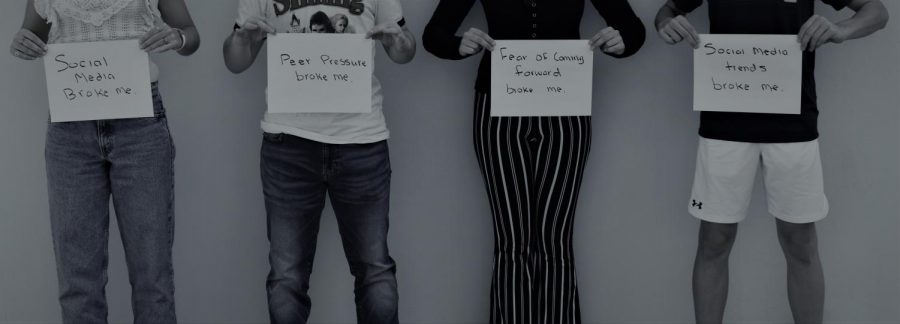
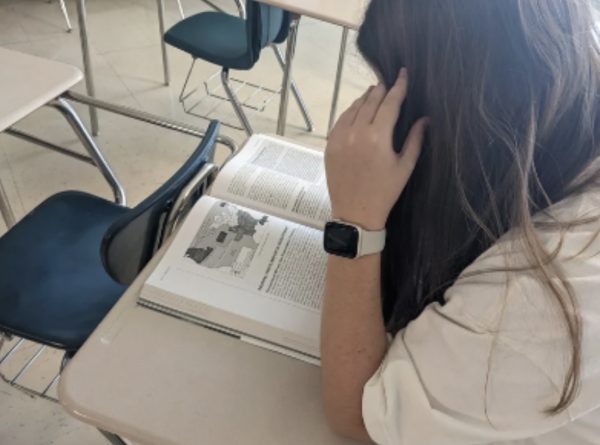

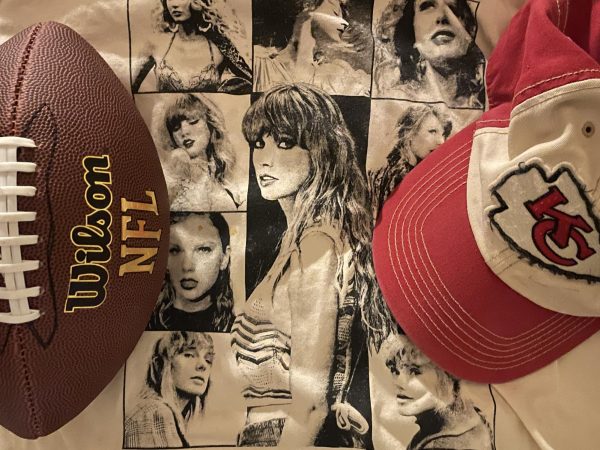
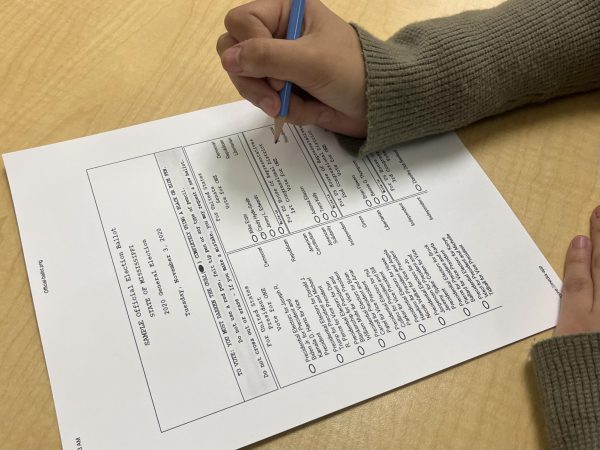
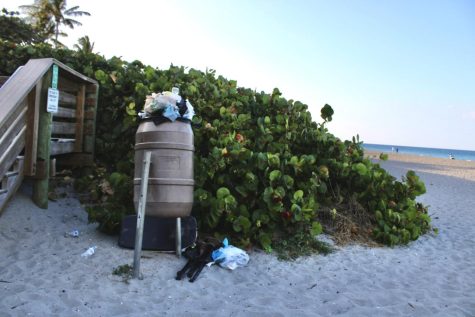
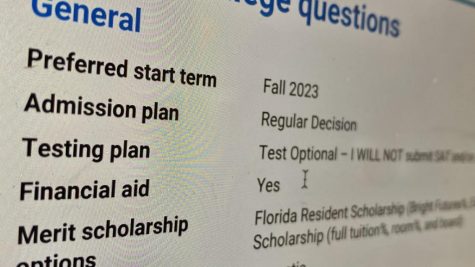
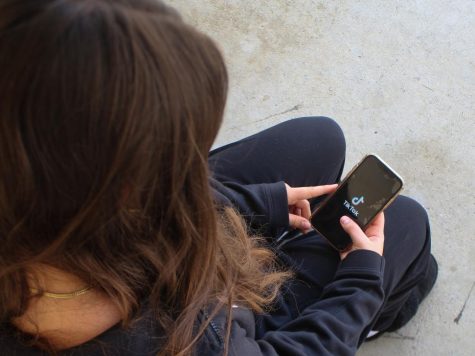
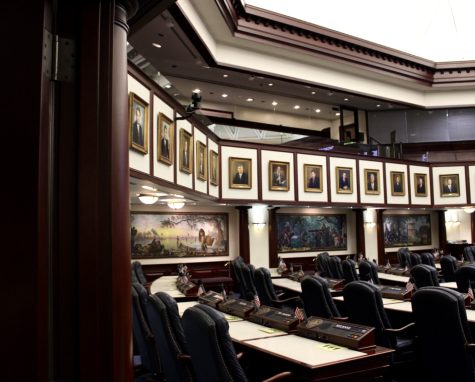

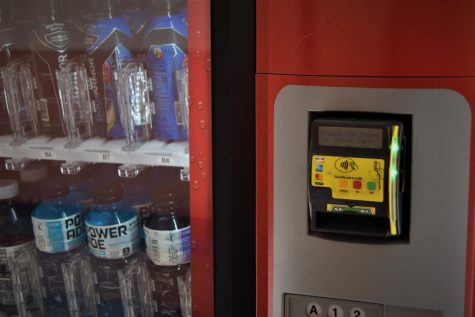
Anonymous • Nov 16, 2021 at 10:38 am
Very well done! The article is well-spoken and gets to the points well!